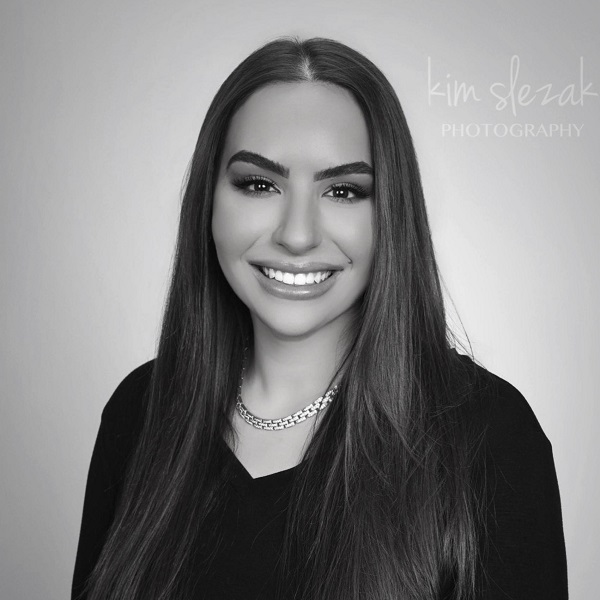
“Pretty Privilege” and Survival: Recognizing the Difference in Social Treatment, Most Notably in Healthcare, Towards Those Who Are Highly Attractive

Name: Julia Weisberg
Major: Philosophy
Advisors: Dr. Karen Haely, Dr. Elizabeth Schiltz (second reader)
This Independent Study is divided into four chapters. The first chapter will highlight working definitions of ‘normal’ within healthcare and the aesthetic industry. I utilize Linda Hogle’s and Marisa Catita’s definitions of ‘normal’ to pave the way in which I critique the use of normalcy in institutions. The first chapter is not intended to dismantle the use of ‘normal’ as a set of standards, yet it is intended to push back on this notion that being ‘normal’ is only possible when someone fits this mold.
The second chapter of this study will focus on the moral worth society has placed on attractiveness. I will address the desire to be above normal, or “superhuman”. I will move on from defining ‘normal’ to highlighting what people believe they ought to strive for. This stems from the normative claim that moral worth comes from being above this set of norms society has created. In this chapter I utilize Saul Levine and Professor Clayton Critcher to address what it is that really makes a moral person—and it is not appearance.
Chapter three focuses on the financial burden being ‘normal’ places on individuals in the United States. I intend to showcase the cost it takes to achieve normalcy in appearance and health. There is a great financial burden to being healthy and looking youthful. I also discuss the Halo Effect, which states that those who are more attractive are subject to more opportunities and gain respect. This theory aids in support to the question of why people are so focused on appearance.
In the final chapter on this Independent Study, I come full circle to identify what the biggest benefit is to being attractive. I make the claim that medical professionals are more likely to treat those who are more attractive with better quality of care. I utilize Richard Shane Westfall’s dissertation titled, The Effects of Physical Attractiveness in The Healthcare Industry. Two experiments are analyzed to support this claim. The attentiveness to more attractive patients negatively effects less attractive patients. This increased attentiveness to those that are highly attractive undermines beneficence and nonmaleficence, which is a major ethical dilemma. I make the claim that the rapid growth of the aesthetic industry and increase in aesthetic treatments is not as shallow as we have made it out to be. It comes down to survival.
Posted in Comments Enabled, Independent Study, Symposium 2022 on April 26, 2022.
2 responses to ““Pretty Privilege” and Survival: Recognizing the Difference in Social Treatment, Most Notably in Healthcare, Towards Those Who Are Highly Attractive”
Related Posts
Related Areas of Study
Philosophy
Delve into ethical and moral debates while critically analyzing the issues facing humanity
Major Minor


Emily, thank you for sharing your important achievement here! Wishing you the best for what’s ahead in your life journey.
Sorry for mistyping above, Julia. Congratulations again!